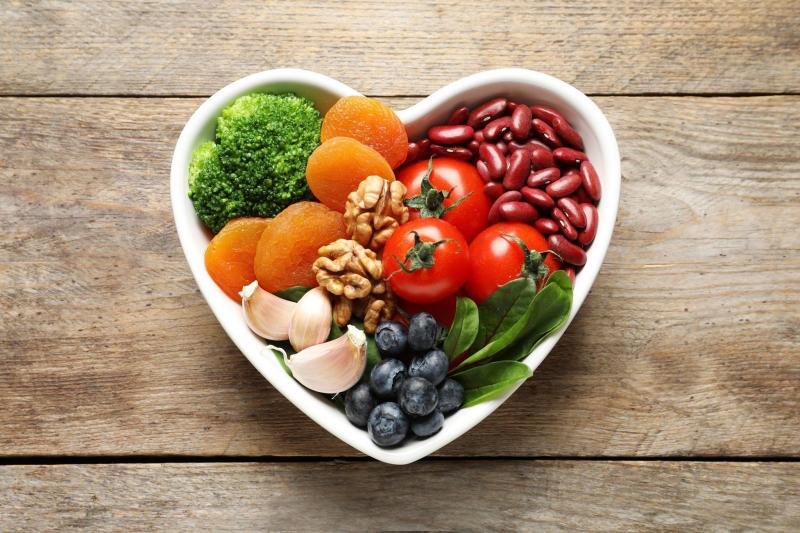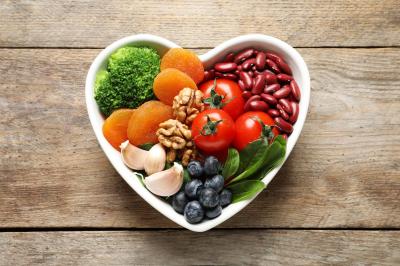Russian nutrition expert Dr. Natalia Denisova points out that following a proper diet can, in some cases, help reduce the dosage of blood pressure medications. In an interview with the newspaper "Argumenty i Fakty," she says, "Vegetables are one of the main sources of potassium. Potassium promotes the excretion of fluids from the body, resulting in lower blood pressure and reduced swelling. Therefore, if the diet contains a lot of different vegetables, along with a reduction in salt intake, it may theoretically reduce the dosage of antihypertensive medications."
The doctor recommends consuming dill, parsley, lettuce, and other leafy vegetables (10-15 grams) in every meal, provided there are no issues with the pancreas and the vegetables do not cause heartburn or other problems. Additionally, vegetables are beneficial for individuals suffering from obesity because the dietary fiber in them helps eliminate excess fat and cholesterol. Fresh vegetables are also an important source of antioxidants: vitamin C, carotenoids, chlorophyll, and more. Brownish-red and purple vegetables contain anthocyanins and antioxidants, which increase their nutritional value.
According to her, humans need vitamin C and other antioxidants to improve blood circulation and stimulate the formation of blood, thereby enhancing the supply of oxygen to body organs and tissues. Furthermore, most vegetables are rich in essential oils, especially dill, which reduces gas formation and improves the digestive process. Overall, vegetables like coriander, parsley, and celery help to somewhat mitigate the side effects associated with digesting large quantities of meat and prevent overeating.




